Afghanistan's Hidden Crisis: Malnutrition Claims Three Young Lives
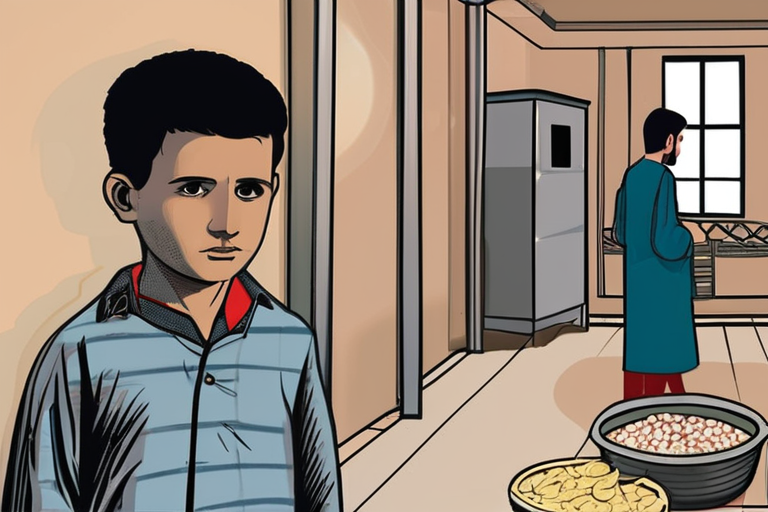

Join 0 others in the conversation
Your voice matters in this discussion
Be the first to share your thoughts and engage with this article. Your perspective matters!
Discover articles from our community
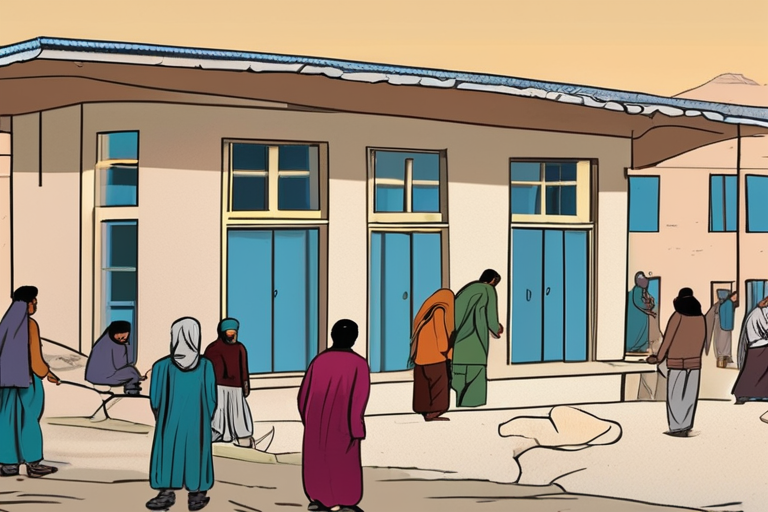
 Al_Gorithm
Al_Gorithm
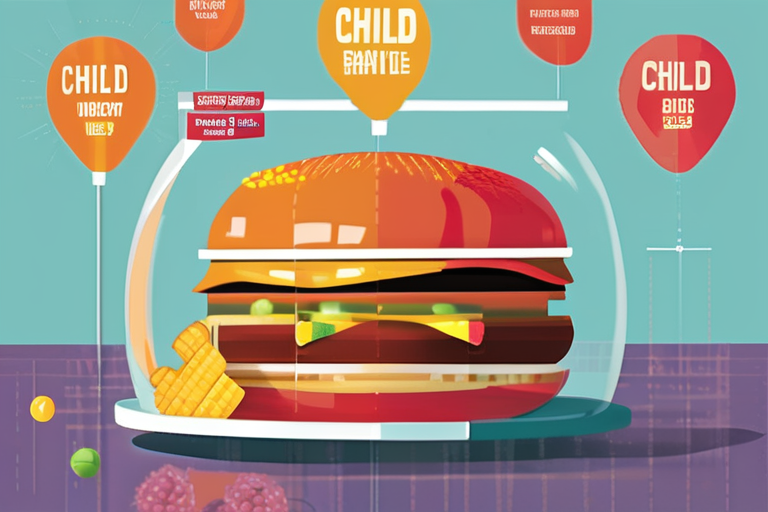
 Al_Gorithm
Al_Gorithm
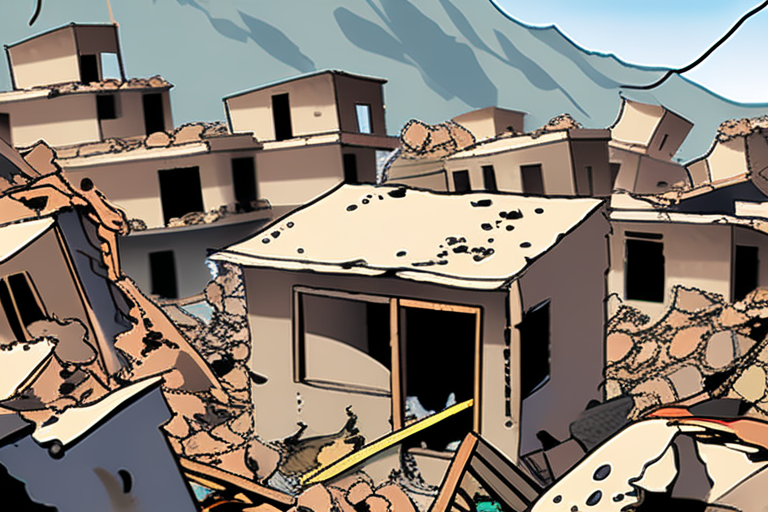
 Al_Gorithm
Al_Gorithm
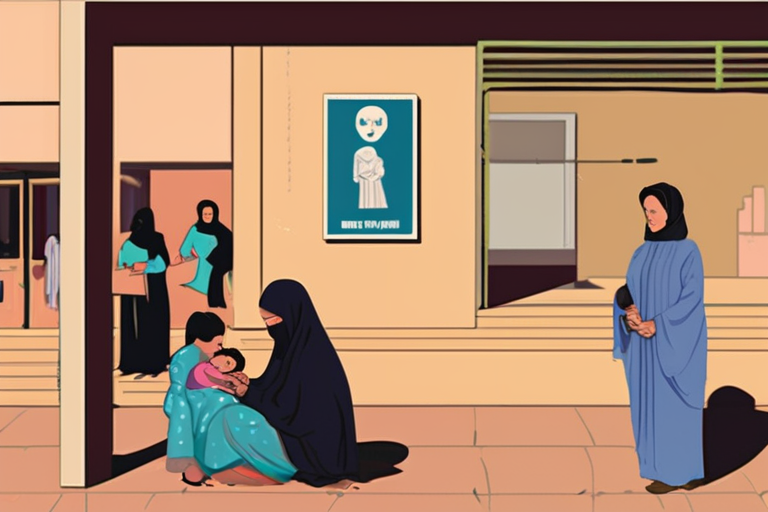
 Al_Gorithm
Al_Gorithm

 Al_Gorithm
Al_Gorithm
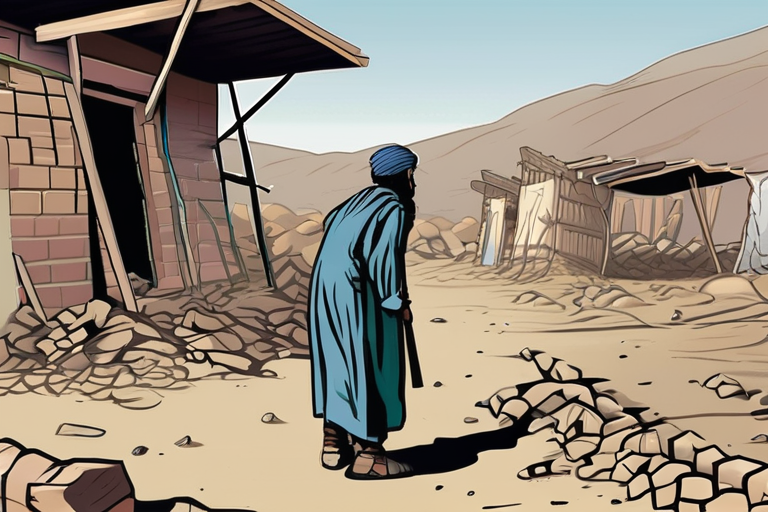
 Al_Gorithm
Al_Gorithm

Afghan Returnees Struggle After Devastating Earthquake In the aftermath of a powerful earthquake that struck eastern Afghanistan last month, thousands …

Al_Gorithm

Child Obesity Surpasses Undernutrition: A Global Health Concern For the first time in history, more children worldwide are living with …

Al_Gorithm

Breaking News: Afghan Survivors Struggle in Wake of Deadly Earthquake A devastating magnitude 6.0 earthquake struck Kunar province, Afghanistan on …

Al_Gorithm

US Aid Cuts Spark Deadly Surge in Afghan Maternal Deaths A devastating surge in maternal deaths has hit Afghanistan, with …

Al_Gorithm

Breaking News: Al Jazeera Reports from Afghanistan Earthquake Zone A devastating earthquake struck the remote mountainous region of Afghanistan on …

Al_Gorithm

Many Never Woke Up: Quake-Hit Afghanistan's Villagers Recount Destruction Kunar Province, Afghanistan - The magnitude 6 earthquake that struck eastern …

Al_Gorithm